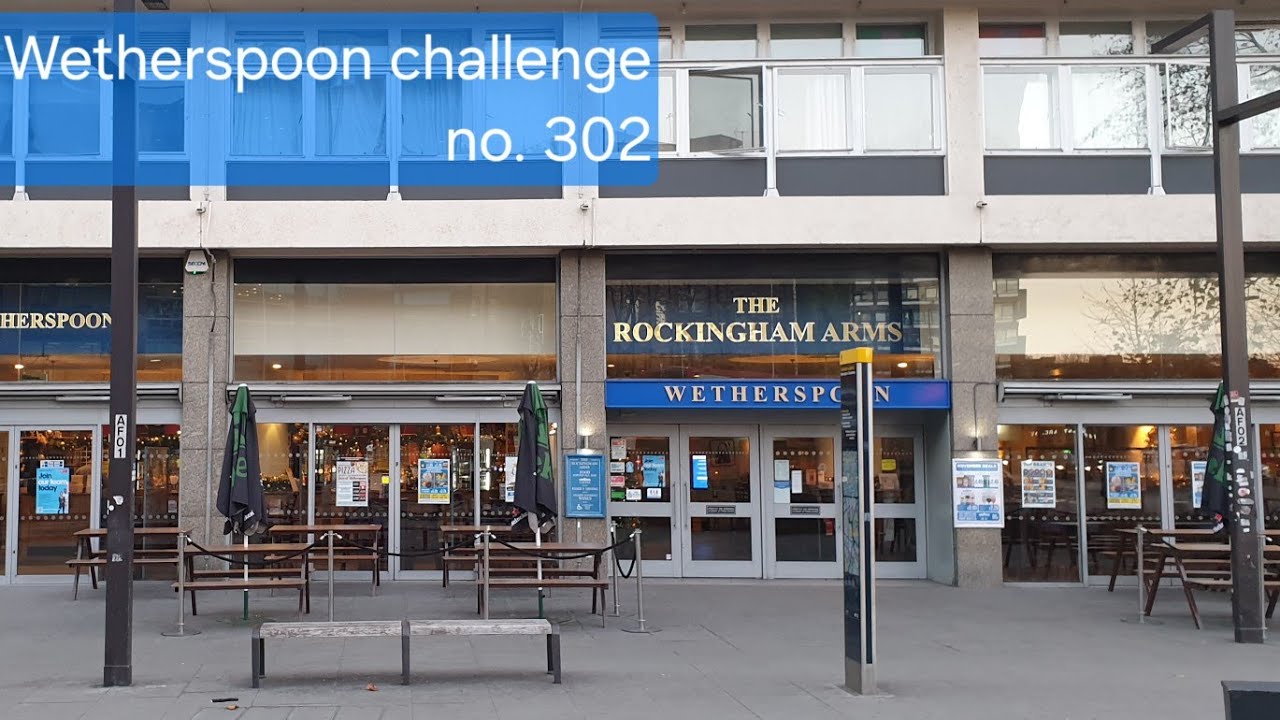
Introduction
Restaurants have long been a cornerstone of social interaction, culinary exploration, and local economies. In the UK, the dining landscape has undergone significant transformations, especially in the wake of the COVID-19 pandemic. With a growing emphasis on quality, sustainability, and diverse cuisines, restaurants are not just places to eat but spaces that contribute to cultural identity and community engagement.
Current Trends in Restaurant Culture
According to data from the UK’s Office for National Statistics (ONS), as of 2023, the restaurant industry has seen a substantial rebound, recovering to approximately 90% of pre-pandemic revenue levels. The rise in consumer spending, alongside a shift in dining preferences, has shaped several key trends. Many establishments are now focusing on sustainability, integrating farm-to-table concepts, and minimising food waste.
Moreover, the surge in interest for vegan and vegetarian offerings is evident, with over 25% of UK diners opting for plant-based menus. Popular chains and independent restaurants alike are expanding their offerings, often leveraging local produce to attract health-conscious consumers.
The Role of Technology
Technology has also played a significant role in evolving restaurant operations. Online reservations, contactless payments, and increased delivery options have become standard practice. According to a recent study from the Restaurant Association, 70% of diners now prefer to book their tables online, and delivery services have expanded rapidly—up 30% from last year.
Challenges Facing Restaurants
Despite the recovery, the restaurant sector faces ongoing challenges such as rising food costs and labour shortages. A report by the British Hospitality Association highlights that 42% of restaurants reported concerns over staffing, which has been exacerbated by Brexit-related restrictions on the availability of migrant workers. Additionally, prices of key ingredients have increased significantly due to global supply chain issues.
Conclusion
The significance of restaurants in the UK ecosystem extends beyond mere dining. They serve as vital hubs for social interaction, cultural exchange, and economic activity. As the sector adapts to new consumer behaviours and challenges, forecasts indicate a promising yet cautious future. The continued focus on sustainability and innovative dining experiences will likely keep evolving the restaurant landscape in the UK, making it an exciting time for both established and new players in the industry.
You may also like

The Rise and Impact of Wetherspoons in the UK Pub Scene

The Evolution and Popularity of Restaurants in 2023

Current Trends in Italian Restaurant Dining in 2023
SEARCH
LAST NEWS
- Remembering Wendy Richard: The Promise to Co-Star Natalie Cassidy
- How Did Anglian Water Achieve an ‘Essentials’ Rating for Mental Health Accessibility?
- Shai Hope Leads West Indies in T20 World Cup Clash Against South Africa
- What We Know About Weston McKennie: Future at Juventus and Past at Leeds
- What We Know About the Upcoming Live Nation Antitrust Trial